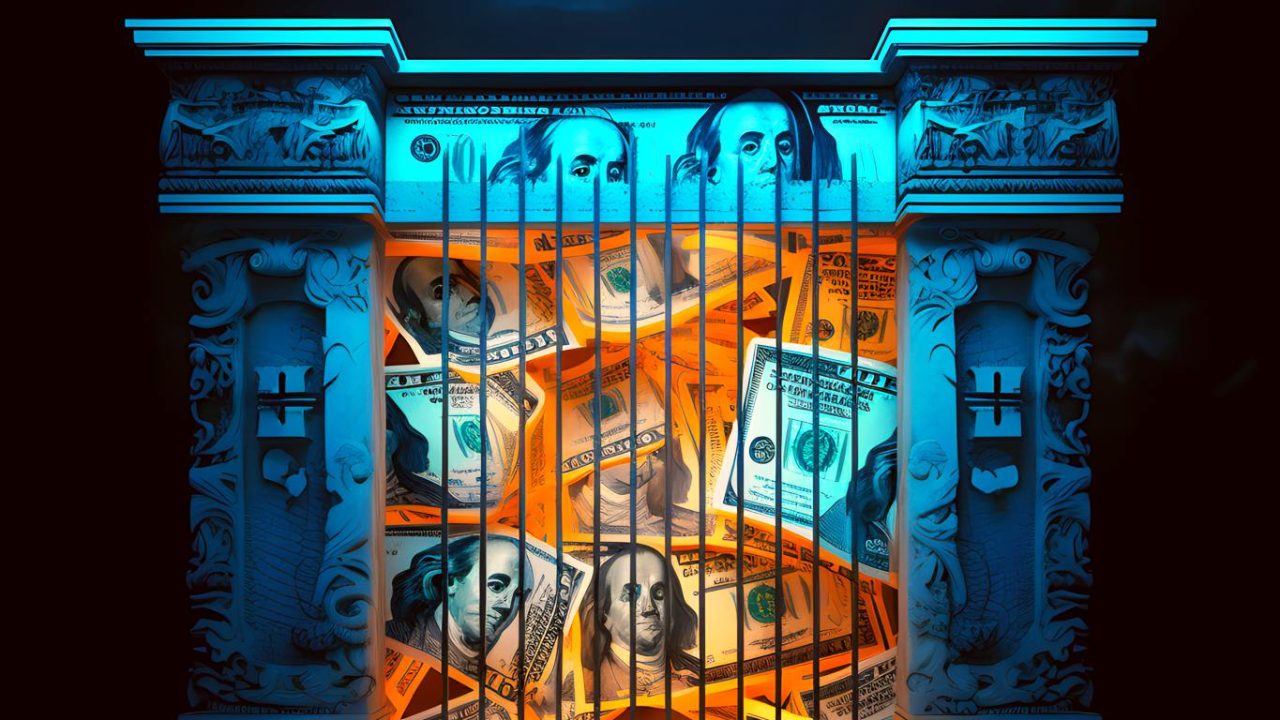Jared Isaacman, a crypto billionaire and founder of fintech giant Shift4, has been selected by President Donald Trump to lead NASA.
He is also known for piloting the first all-civilian mission into orbit. Trump announced the decision on Truth Social, crediting Isaacman’s track record of bold leadership in technology and finance.
Isaacman, who built a $9.3 billion company from scratch, doesn’t come from the world of government bureaucracy or traditional space exploration. Instead, he’s known for disrupting the payments industry with his company Shift4, which reportedly processes transactions for over 200,000 businesses.
From crypto deals to space missions
In 2022, Isaacman hosted a meeting in his New York apartment near Central Park. The glass-walled room became a brainstorming hub for integrating blockchain technology into Shift4’s payment systems. Bitcoin had recently hit record highs, and the crypto market was thriving, but Isaacman wasn’t interested in hype.
His focus was on stablecoins. Alex Wilson and Pat Duffy, co-founders of crypto donation platform The Giving Block, were part of the meeting. They had just begun talks to sell their company to Shift4. With a whiteboard behind him, Isaacman laid out ways blockchain could transform payments.
He wanted his merchants to accept crypto in any form customers preferred, whether that was Bitcoin or stablecoins. Weeks later, in March 2022, Shift4 bought The Giving Block for $54 million, with an additional $246 million in potential earnouts.
The deal opened a $45 billion cross-sell opportunity by combining crypto donations with traditional payments. By October, Isaacman’s team had rolled out a Pay with Crypto service across all Shift4 merchants, including hotels, restaurants, and stadiums.
“It’s the biggest step toward crypto payments becoming mainstream,” said Wilson.
Isaacman was reportedly hands-on during the acquisition, sketching out blockchain integration strategies. Shift4’s crypto team, now led by Wilson and Duffy, has become a leader in pushing crypto payments into everyday life.
The bull run remains strong
Bitcoin shot past $108,000 just last night, up 55% since election night. The total crypto market cap has soared to over $3.7 trillion. Pro-crypto Congressional wins have created a favorable climate for cryptos, and institutions are piling in.
Spot bitcoin ETFs, approved in January, have driven much of the momentum. They’ve opened new doors for institutional investors, while retail traders are diving back into the market.
Stablecoins, now valued at $200 billion, are becoming a go-to tool for cross-border transactions. Tether’s USDT and Circle’s USDC dominate the stablecoin market, with a combined supply of $182 billion. Together, they account for 90% of the market.
But competition is heating up. Ripple recently launched its RLUSD stablecoin yesterday. Robinhood and Revolut are reportedly working on their own tokens. PayPal entered the game last year with PYUSD, which briefly hit a $1 billion market cap before declining.
Even with its growth, the stablecoin market has seen its share of problems. TerraUSD collapsed in 2022, wiping out billions and shaking investor confidence.
More recently, Tether has come under scrutiny from the Department of Justice for alleged violations of anti-money-laundering laws. Tether denies the accusations, calling them “pure speculation.”
From Zero to Web3 Pro: Your 90-Day Career Launch Plan





